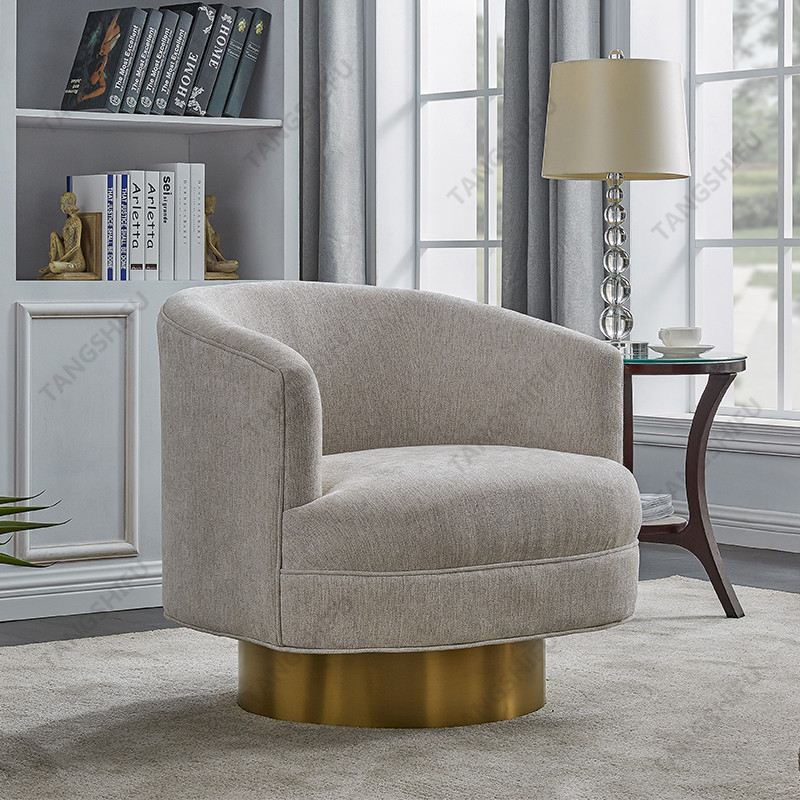Smart home is one of the few industries that can promote the development of the entire industry chain based on concepts alone, whether it is an Internet giant, a traditional home appliance brand, a smart hardware company or a rookie of a technology company.
Break the wall
In 1997, after spending seven years and spending up to US$97 million (equivalent to approximately RMB 600 million), Bill Gates' smart mansion in Washington was finally completed. Since then, the concept of smart home has become known to the public.
China is considered to be the second largest smart home market in the world after the United States. The development of smart homes in my country has experienced the Internet era dominated by single product intelligence, the mobile Internet era of multi-terminal migration and the initial integration of smart platforms, and the Internet of Things era in which smart platform systems are widely used and scene-based smart systems are gradually mature.
With the support of living room furniture manufacturers in china and dining room furniture manufacturers in china for the development of smart technology, a new generation of network communications, the Internet of Things, artificial intelligence, cloud computing and other technologies have developed rapidly, becoming a powerful impetus for the development and popularization of smart homes. Especially this year, 5G technology is officially commercialized, and its high speed and low latency characteristics will bring a broader development space for smart homes.
Internet and home
The competing layout of the Internet and home appliance giants has further stimulated the prosperity and development of the industry market. In addition, factors such as the decline of network tariffs, the vigorous training of scientific and technological talents, and the development of real estate have also made smart homes uniquely fertile ground for development in my country.
However, under the trend of smart home development, at the user level, the current smart home experience does not seem to be as stunning as imagined, and our home life has not received the subversive experience brought by smart technology. The prosperous smart home seems to be floating in the "half air", visible and tangible, but it has not really landed on the in-depth transformation of home life.

New trend
On the road to realize the whole house intelligence, the trend of intelligent decoration has attracted increasing attention from the industry in recent years. Some people in the industry have pointed out that cutting into smart homes through the home improvement link to open up the Internet of Things and human-computer interaction channels will be an important breakthrough in the establishment of a whole house smart ecology.
On the basis of traditional residential decoration, it is a brand-new residential decoration plan that changes the traditional hydropower construction technology and implants the intelligent home system. The concept of intelligent decoration was born from the rapid development of smart homes, and it has also become an important part of accelerating the popularization of smart homes.
Under the overall trend of smart home development, smart decoration may become the next era in the home improvement market after hard and soft decoration. Related agencies even predict that the emerging market of smart decoration may reach a market size of nearly 400 billion yuan this year.
Home decoration
Under the overall trend of smart home development, smart decoration may become the next era in the home improvement market after hard and soft decoration. Related agencies even predict that the emerging market of smart decoration may reach a market size of nearly 400 billion yuan this year.
In fact, as early as the past few years, with the development and application of smart door locks, smart curtains, smart lighting, home smart theaters and other smart devices, smart decoration of living room furniture manufacturers has already taken a place in the industry, but most of them only settled in local scenes. Intelligent modification. In recent years, with the continuous advancement of the hardcover housing policy, the current intelligent decoration has begun to evolve more toward the whole house intelligent ecology.
Consumption upgrades and the rise of the younger generation of consumer groups have made domestic demand for smart homes soar. Real estate developers and dining room furniture manufacturers are increasingly implanting a variety of intelligent configurations during the uniform assembly of hardcover houses. During renovation, they will transform infrastructure such as water, electricity and networks, or add an intelligent control platform to make basic planning for the entire house's intelligence. Therefore, compared with second-hand houses, hardcover houses have a more complete foundation for the establishment of a whole-house intelligent ecology.
